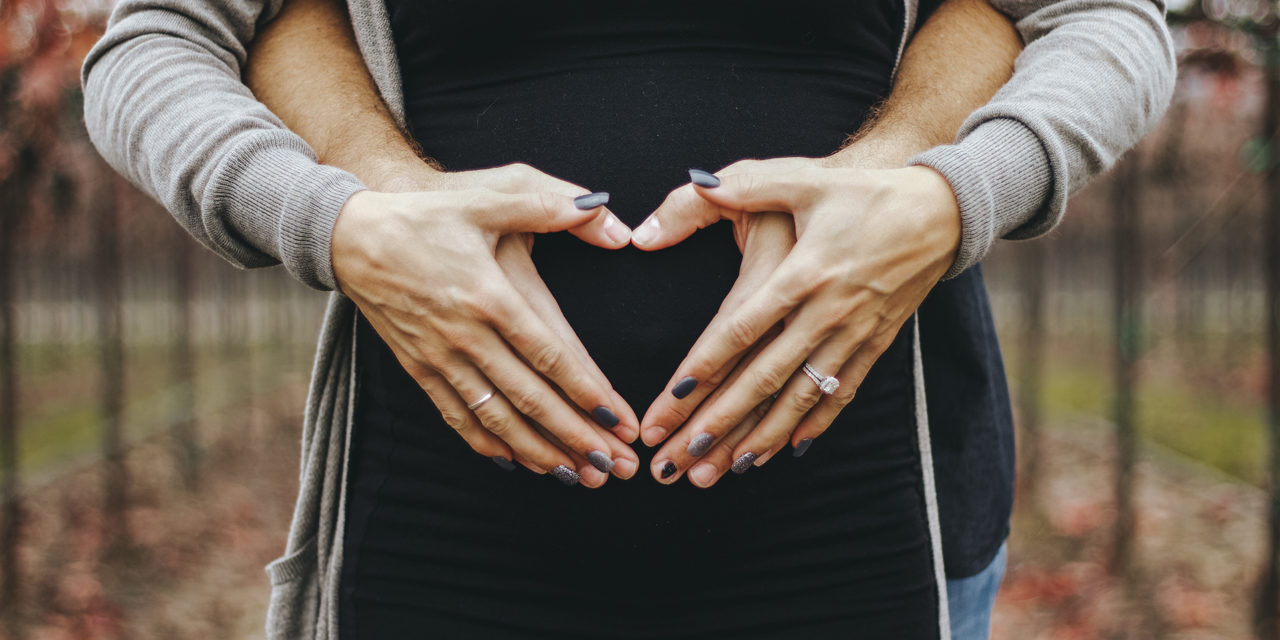Nearly half the world’s population is confined to their homes with a great deal of free time on their hands. They are doing many creative things to pass the time which can be very strengthening to family bonds. Husbands and wives are also finding themselves with plenty of time for other activities and this is very good too.
This should cause us to ask whether a silver lining to a dark cloud might be the stimulus of a much needed baby boom beginning nine months from now? Could our current international crisis conceivably be responsible for creating more lives than it takes?
Generally, when people are confined to their homes due to dramatic weather events or power outages, a rash of babies start springing forth nine months later. The longer the seclusion, the greater likelihood. It’s human nature.
The Washington Post reported a boom of blizzard babies nine months after historic storms hit the DC area some years ago. Holy Cross Hospital saw an increase of 75 more births over the previous year. Lots of furlough babies arrived after a 16-day government shutdown. A nurse at Sibley Memorial Hospital told the Post “We keep getting asked, ‘What’s going on?’ And we sit back and say, ‘Well, you’re in D.C. What was happening nine months ago?’ ” That hospital experienced an average 33 percent increase in births nine months later. Another area hospital saw a 45 percent increase.
Hurricane Sandy and its curfews, power outages and flooding, not to mention increased anxiety from the event itself, encouraged more couples to seek “comfort” from one another. Local hospitals were busier than usual delivering “hurricane babies.”
Dr. Jacques Moritz, director of gynecology at St. Luke’s-Roosevelt Hospital reported a 10 to 20 percent increase in births nine months after Hurricane Sandy over the previous year at the same time. “There’s definitely an uptick” he explained. “This is just old basic physiology. There’s no Internet and no cable. What else is there to do?” The chief of OB/GYN at New York-Presbyterian reported being 20 to 30 percent busier post-Sandy.
Academic research reports similar consequences.
Demographers studied the impact of hurricane storm advisories upon fertility. They found that when couples are holed up together under low or moderate hurricane warnings, fertility increased. However, when weather advisory warnings indicated severe storms, fertility declined. This makes sense. Couples are more likely to pass the time sexually when threat to life and property is low. Severe threats of damage increase anxiety and dampen the sex drive.
In times of instantaneous catastrophic events that happen without warning, published research finds that fertility can increase significantly, not so much immediately, but over the following years. The prestigious journal Demography found “compelling support” that the Oklahoma City bombing spurred “an interpretable, consistent, and significant increase in births” in the that area. The same happened in New York City following 9/11. A demographer from the University of Pennsylvania found that the New York boroughs “exhibited a prompt and significant increase in births … in the post-9/11 period.”
Scholars studied fertility rates following the horrific 2004 Indian Ocean tsunamis which took nearly 170,000 lives. They found fertility rates rose appreciably in the affected areas. The increases were particularly significant among women who lost a child to the floods as well as previously childless women who lived in or near the centers of devastation. Scholars estimated a total of 9,500 more births took place between 2006 and 2009 than if the tsunamis had not happened. It is likely these women felt the need to overcome the death that haunted their communities with new life.
The same was found after the 2001 Gujarat earthquake that rocked India. The Journal of Population Economics revealed that fertility in the epicenter and surrounding areas increased dramatically in the five years following the tragedy. The spacing between pregnancies shrank as well.
Will we see a baby boom in the months and years following our present crisis? Time will tell. But it will likely come down to this. The human sex drive is opportunistic. It happens when we have time, when we are lonely and need solace. So, we shall see.
But it is wise to remember that robust fertility is an economic boon and requirement for a healthy, thriving nation and there is no industrial nation that is replacing its population. Many of these nations are facing dire economic futures as a result. That is a very serious global problem, perhaps greater than our present one. Now seems as good a time as ever to fix it. At least we have the time.






